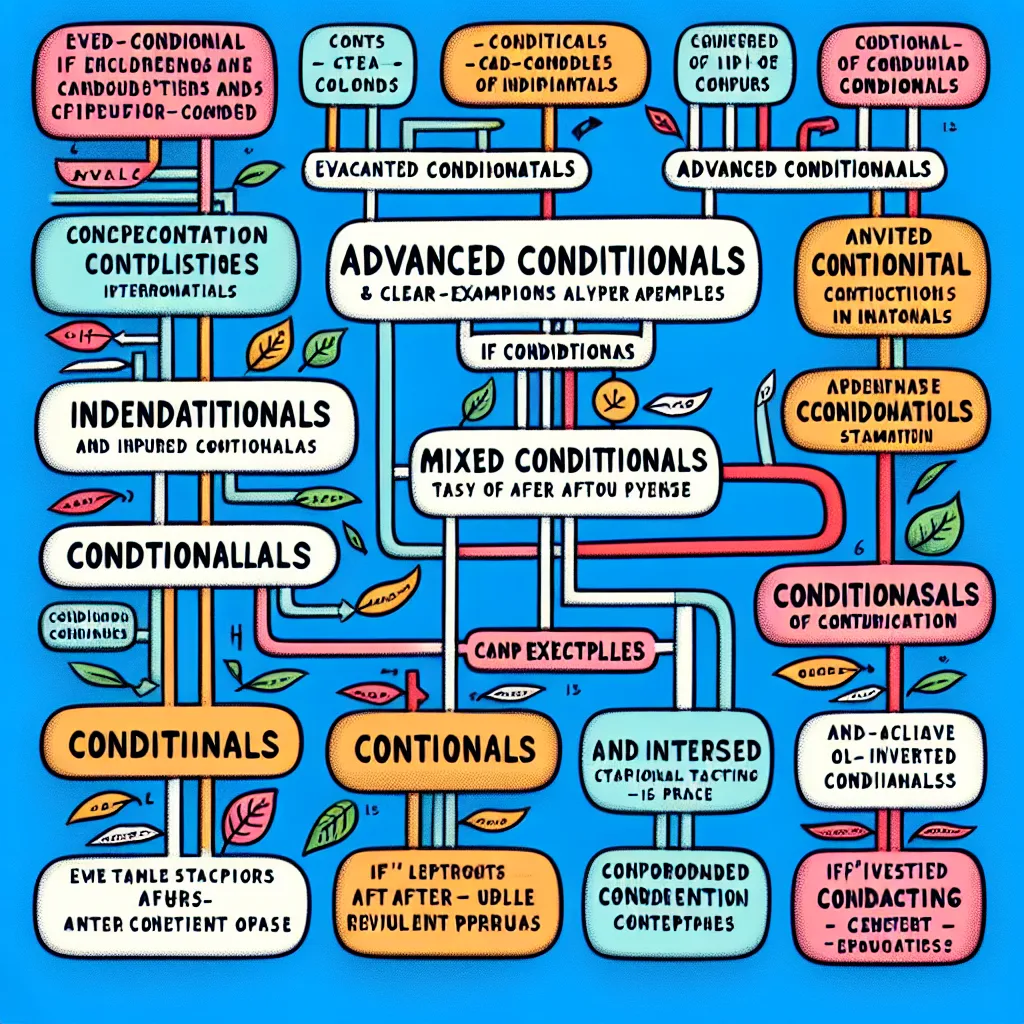Learning advanced grammar is crucial for those aiming to excel in academic writing, professional communication, or English language proficiency tests like IELTS. This article will provide you with effective strategies and resources to enhance your understanding of complex grammatical structures and their application in educational materials.
Why Advanced Grammar Matters
Advanced grammar skills are essential for crafting sophisticated and nuanced writing, especially in academic and professional contexts. Mastering these intricate language structures allows you to express complex ideas with precision and clarity, a vital skill for success in higher education and the global workforce.
 Advanced Grammar Importance
Advanced Grammar Importance
The Impact on Academic Performance
Proficiency in advanced grammar significantly impacts your ability to:
- Comprehend complex academic texts
- Write research papers and essays at a higher level
- Participate effectively in academic discussions
- Score higher on standardized tests like IELTS, TOEFL, or GRE
Key Resources for Advanced Grammar Study
To improve your advanced grammar skills, consider utilizing these high-quality resources:
Comprehensive Grammar Books
- “Advanced Grammar in Use” by Martin Hewings
- “The Cambridge Grammar of the English Language” by Rodney Huddleston and Geoffrey K. Pullum
- “Longman Student Grammar of Spoken and Written English” by Douglas Biber, Susan Conrad, and Geoffrey Leech
Online Platforms
Academic Journals
Reading academic journals in your field of study can expose you to advanced grammatical structures in context. Some reputable journals include:
- “Applied Linguistics” (Oxford University Press)
- “TESOL Quarterly” (TESOL International Association)
- “Journal of English for Academic Purposes” (Elsevier)
Effective Strategies for Mastering Advanced Grammar
1. Analyze Authentic Texts
Regularly read academic papers, literature, and high-quality journalism. Pay close attention to sentence structures, word order, and how complex ideas are expressed.
2. Practice Sentence Transformation
Take complex sentences from your reading and try to rewrite them using different grammatical structures while maintaining the same meaning. This exercise helps you understand the flexibility and nuances of advanced grammar.
3. Focus on Problematic Areas
Identify your weak points in grammar and dedicate extra time to studying and practicing these areas. Common challenging topics include:
- Subjunctive mood
- Inversion
- Cleft sentences
- Participle clauses
- Advanced conditionals
4. Use Corpus Linguistics Tools
Utilize corpus linguistics tools like the Corpus of Contemporary American English (COCA) to study how native speakers use specific grammatical structures in real-world contexts.
Practical Examples of Advanced Grammar in Use
Let’s examine some advanced grammatical structures commonly found in educational materials:
1. Inversion for Emphasis
Standard: “Never before have I seen such a compelling argument.”
Inverted: “Never before had the researcher encountered such compelling evidence.”
2. Cleft Sentences
Standard: “The discovery of penicillin revolutionized medicine.”
Cleft: “It was the discovery of penicillin that revolutionized medicine.”
3. Participle Clauses
“Having completed the experiment, the scientists analyzed the results.”
4. Advanced Conditionals
“Had the study been conducted differently, the results might have supported the alternative hypothesis.”
 Advanced Grammar Examples
Advanced Grammar Examples
Common Pitfalls and How to Avoid Them
When working with advanced grammar, be mindful of these common mistakes:
- Overcomplicating sentences: Aim for clarity first, complexity second.
- Misusing the subjunctive mood: Study its proper usage in hypothetical situations and formal writing.
- Incorrect parallel structure: Ensure that all parts of a sentence have the same grammatical form when listed.
- Faulty pronoun reference: Always check that pronouns clearly refer to their antecedents.
Next Steps for Continuous Improvement
To further enhance your advanced grammar skills:
- Join an academic writing group or find a study partner to practice and receive feedback.
- Take an advanced grammar course at a local university or online platform like Coursera or edX.
- Start a grammar journal to record new structures you encounter and practice using them in your own writing.
- Consider working with a tutor specializing in advanced English grammar for personalized guidance.
For more tips on improving your overall English proficiency, check out our articles on strategies to learn English and enhancing English writing fluency.
Mastering Advanced Grammar For Educational Materials is a continuous journey that requires dedication and practice. By utilizing the resources and strategies outlined in this article, you’ll be well-equipped to tackle complex grammatical structures with confidence. Remember, the key to success is consistent application and a willingness to learn from your mistakes. Keep challenging yourself, and you’ll see significant improvements in your academic and professional writing skills.




